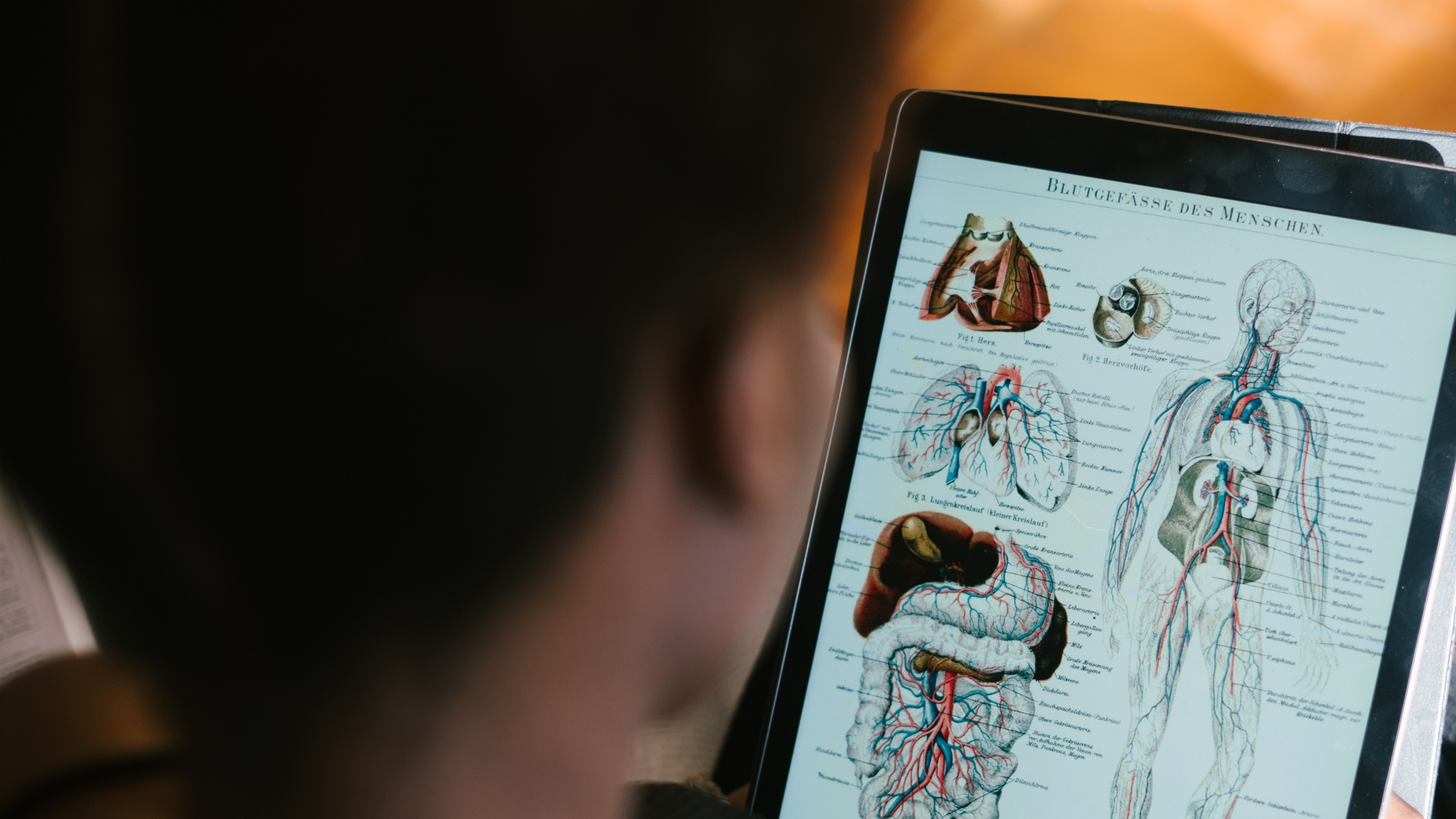A Framework for Digital Transformation of Senegalese Universities: Lessons learned from the Covid-19 pandemic
Finished Project
This project is part of the Data4COVID19 Africa Challenge, proposed and hosted by l’Agence française de développement (AFD), Expertise France, and The GovLab. This challenge includes projects from across Africa that use existing data to address the impacts of COVID-19 and evaluate its consequences across Africa.
With this goal, and connecting with members of the RAIN-Africa network, the IEAI, Alioune Diop University of Bambey (UADB) and Virtual University Senegal (UVS) will examine applicable governance and artificial intelligence solutions to identify issues and repercussions of the forced digitalization of higher education in Senegal during the pandemic. The research outcomes will highlight and propose specific practices which support the digital transformation of Senegalese Universities. Specifically, we examine the following questions:
What are the social, economic and technical barriers engendered by the Senegalese national and regional/local policies against COVID-19 for effective online/remote teaching in the context of Higher Education?
Policies Senegalese government imposed on higher education institutions in response to the COVID-19 pandemic are likely to have knock-on effects for the continuity and quality of Senegalese tertiary education. The social, technical and economic requirements for successful online/remote teaching can not always be fulfilled. We seek to identify and evaluate how COVID-19 school’s policies may affect educational and professional outcomes in the tertiary sector, and to develop and propose implementable practical and AI based solutions to curb their adverse effects.
How did this crisis situation impact higher education students’ training depending on their social, economic, and technical circumstances?
During the pandemic, university education and training went from in-person to remote learning, exacerbating existing social, economical and technological access conditions inequalities in students’ access to higher education courses, and creating new ones. Therefore, identifying the factors that have the most significant effects on the quality of student training is crucial for proposing targeted and implementable practical and AI based solutions to correct these inequalities.
Which actions can be taken to mitigate negative effects related to remote learning, and support the development of Digital Learning Strategies of the High Education Ministry of Senegal, with a case study of the UADB?
We seek to develop recommendations for school policies and practical AI tools which are sensitive to different students’ social, economic, and technological access situations, and the public health constraints of the pandemic. Our evidence-based insights will be translated to actionable recommendations, including strategies for offering further high-quality digital courses and training for students and teachers using user-friendly and secure educational AI and non-AI tools and platforms, while respecting privacy and ethical standards. Moreover, we will propose methods to establish learning spaces or improve internet access across the country.
UADB: http://www.uadb.edu.sn
UVS: https://www.uvs.sn
Announcement: https://datachallenge.africa
News & Updates
TUM – Technichal University Munich
- Prof. Dr. Christoph Lütge
- Caitlin Corrigan, PhD
- Auxane Boch
- Ellen Hohma
- Matthew Cottrell
- Dr. Cindy Cheng
Alioune Diop University of Bambey (UADB)
- Prof. Dr. Fodé Camara (PI)
- Prof. Dr. Gaoussou Camara
- Mouhamadou Lamine Ba, PhD
- Fam Fall Guène
- Ndeye Khady Mbengue
- Fatou Ndiaye
Virtual University Senegal (UVS)
- Dr. Ndeye Massata Ndiaye
- Dr. Alpha Dia
- Mamadou Abdourahmane Ba
- Ameth Thiam

